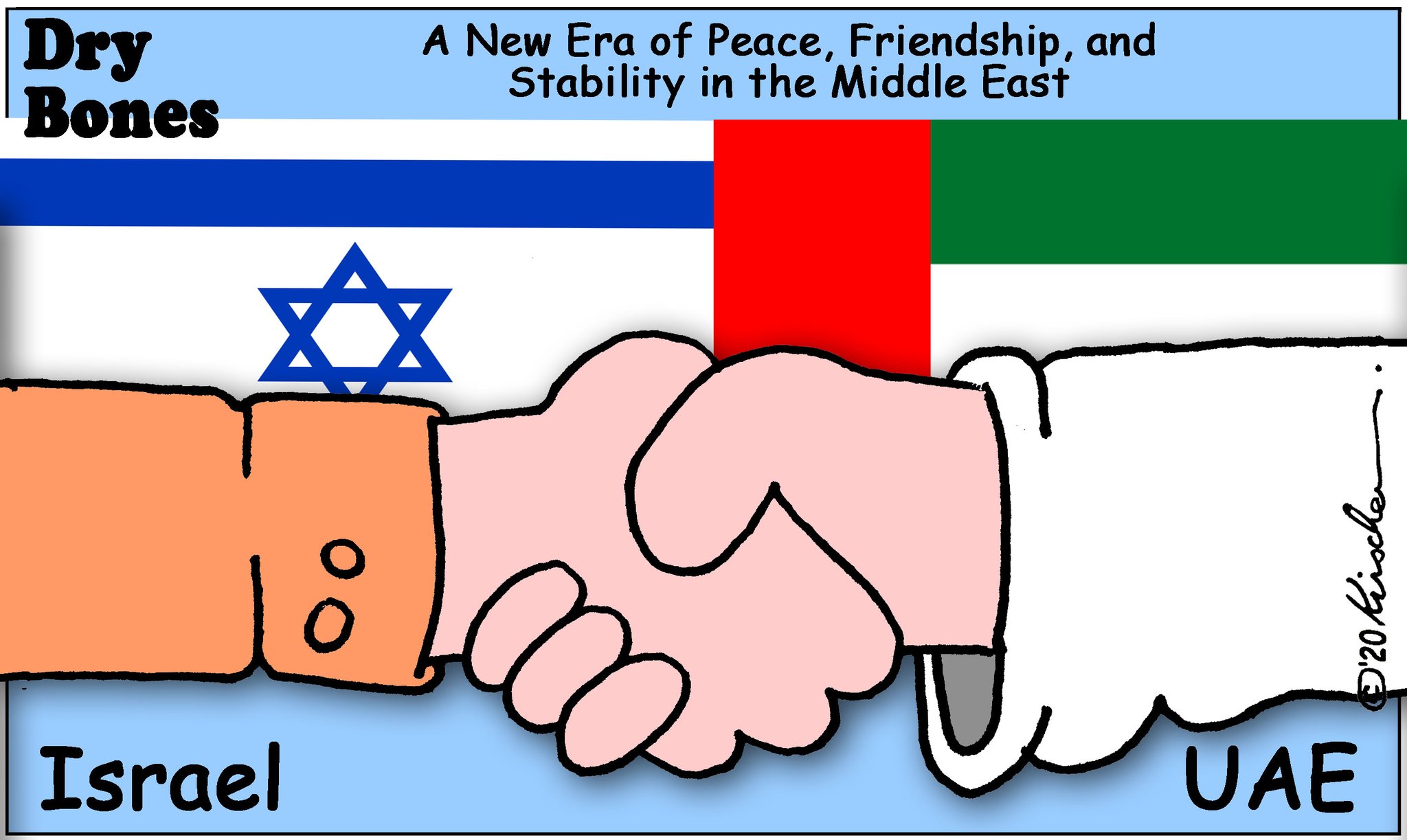Seth Frantzman: Why Saudi Arabia, MBS are important to Israel, regional peace - analysis
The crown prince has been the lightning rod of harsh human rights criticism in many US circles because of accusations, backed by the CIA, that he was involved in the killing of former Saudi insider Jamal Khashoggi. Others, however, point out that MBS has been key to Saudi Arabia’s shift toward a less repressive society.Middle East: The Ghosts of Sovereigns Past
They describe the crown prince – who has driven these changes – as “a visionary.” He is moving his country to a different place, say those who have met him. Therefore, Saudi Arabia should not be pushed into a corner by US policies that are critical of the kingdom.
It has already lost US support for offensive operations in Yemen, but it should be listened to regarding Iranian threats, even as Washington has been messaging a desire to recalibrate relations with Riyadh because of the Khashoggi murder. as well as taking a tougher line on human rights issues in Egypt.
It may be that a tougher line toward the Saudis from the US, and renewing the 2015 Iran nuclear deal, will accelerate Israeli relations with Riyadh. But Saudi Arabia has been cautious. Last year, when rumors spread that it might normalize relations with Israel, it waited.
Saudi Arabia is carefully assessing elections in the US and Israel. In recent days it has held high-level meetings with Jordan, Malaysia, Sudan and other countries. Unsurprisingly, this dovetails with other high-level meetings that link Israel and Egypt, Israel and several countries in Europe, and a growing relationship between Greece, Cyprus, France, Egypt, Israel and the UAE.
A constellation of broader questions mark Saudi Arabia’s relations with this regional realignment. These include Riyadh’s and Abu Dhabi’s views on Syria’s role in the Arab world, concerns about Lebanon’s stability, its relationship with Russia, patching up the aftermath of the crisis with Qatar, and keeping an eye on Turkey’s ambitions.
They involve finding solutions to the conflict in Libya and increasing Gulf influence in east Africa, in Sudan, and farther afield in Pakistan. Israel’s growing sense of being part of the region now puts it increasingly at the crossroads of these discussions as well. While Israel wants the US to stay vitally connected to the region, the overall trend binding Israel and the Gulf and partners from central Europe to India is visceral.
The State of Israel continues to enforce Jordanian law [in the West Bank, or Judea and Samaria] -- despite its clearly racist and backward underpinnings.Netanyahu visit to UAE cancelled due to diplomatic spat with Jordan
No matter what side of the political divide you view it from, a legislative and legal time-warp has trapped the residents of these territories – Jews and Arabs, Israelis and Palestinians – in amber for more than five decades. The result: legal chaos, injustice and incessant conflict.
Ironically, Israel's legal reticence continues to fuel the endless conflict over the land itself... that could be avoided by simply completing the process of land survey and registration initiated by the Ottoman Empire and continued by the British Mandatory and Jordanian governments in turn.
Surveying and registering land ownership was not perceived as an act of sovereignty when the British caretakers undertook it; there seems no reason why it should be regarded that way now.
This same vacuum has made it impossible to formulate forward-thinking policy for land use, environmental protection, settlement policy, and perhaps most critically, a negotiated resolution of the status of the territory. Without establishing who owns what, it is impossible to proceed toward a just division of resources or a peaceful resolution of the conflict.
The time has come to banish the antiquated ghosts of Ottoman, Jordanian and British Mandatory rule, and to fill the legal void in Judea and Samaria with a modern, humanist, democratic system of law for everyone.
Israel and Jordan were working to calm the waters on Thursday after Prime Minister Benjamin Netanyahu's scheduled historic first visit to the United Arab Emirates was cancelled following a diplomatic incident between Israel and Jordan.
Netanyahu's scheduled visit to the United Arab Emirates was held up on Thursday morning when Jordan announced it would not allow Netanyahu's aircraft to cross its airspace en route to the United Arab Emirates,.
Officials think that the Jordanian decision, which was announced only shortly before the flight was scheduled to take off, was a response to Israel's decision to cancel a visit to the Temple Mount that had been scheduled for Jordanian Crown Prince Hussein bin Abdullah on Wednesday over disagreements about security protocols.
Israel Hayom has learned that the prince intended to visit the Temple Mount to pray prior to making the Haj pilgrimage to Mecca.
Officials in the UAE told Israel Hayom on Thursday afternoon that it appeared that Netanyahu's visit would most likely not take place as originally scheduled.
A senior government official in Amman told Israel Hayom that "high-ranking Israeli political officials and former Israeli security officials cooperated with Amman to torpedo Netanyahu's visit to the UAE, after Prince Hussein's visit to the Temple Mount was called off."
The official added that "Jordan and Israel will need to find a way to lower the flames and end the diplomatic incident, which has embarrassed both sides. King Abdullah has taken many calls from Israeli officials, who argued that the instruction not to allow some of Prince Hussein's armed security detail to cross Allenby Bridge came from the Prime Minister's Office."





































.jpg)




